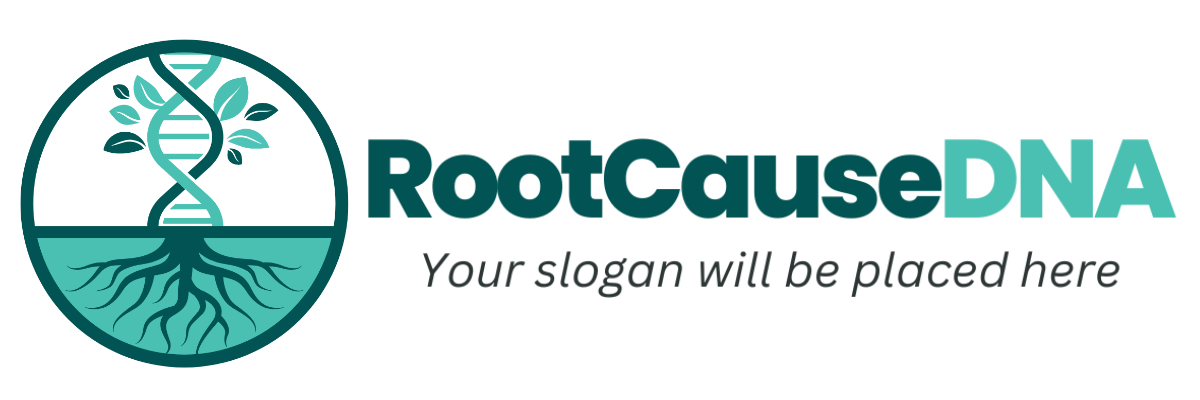CLIA certified lab
What is a CLIA certified lab?
A CLIA certified lab is a laboratory that has been certified under the Clinical Laboratory Improvement Amendments (CLIA) of 1988, a federal regulatory program in the United States.
• Purpose: CLIA regulations ensure the accuracy, reliability, and timeliness of laboratory testing, especially those involving human samples like blood, saliva, urine, or tissue.
• Who oversees it: The program is administered by the Centers for Medicare & Medicaid Services (CMS) in coordination with the FDA and CDC.
• Certification: Labs must obtain CLIA certification to legally perform tests on human specimens in the U.S., especially for diagnostic purposes.
• Types of testing: CLIA regulates different complexity levels of tests:
• Waived tests (simple, low-risk)
• Moderate complexity
• High complexity (often includes genetic or molecular testing)
Why it matters:
CLIA certification is a mark of quality assurance. It tells healthcare providers and patients that the lab adheres to standardized protocols for lab accuracy and patient safety.
Would you like a list of examples of CLIA-certified lab tests commonly used in functional medicine?
